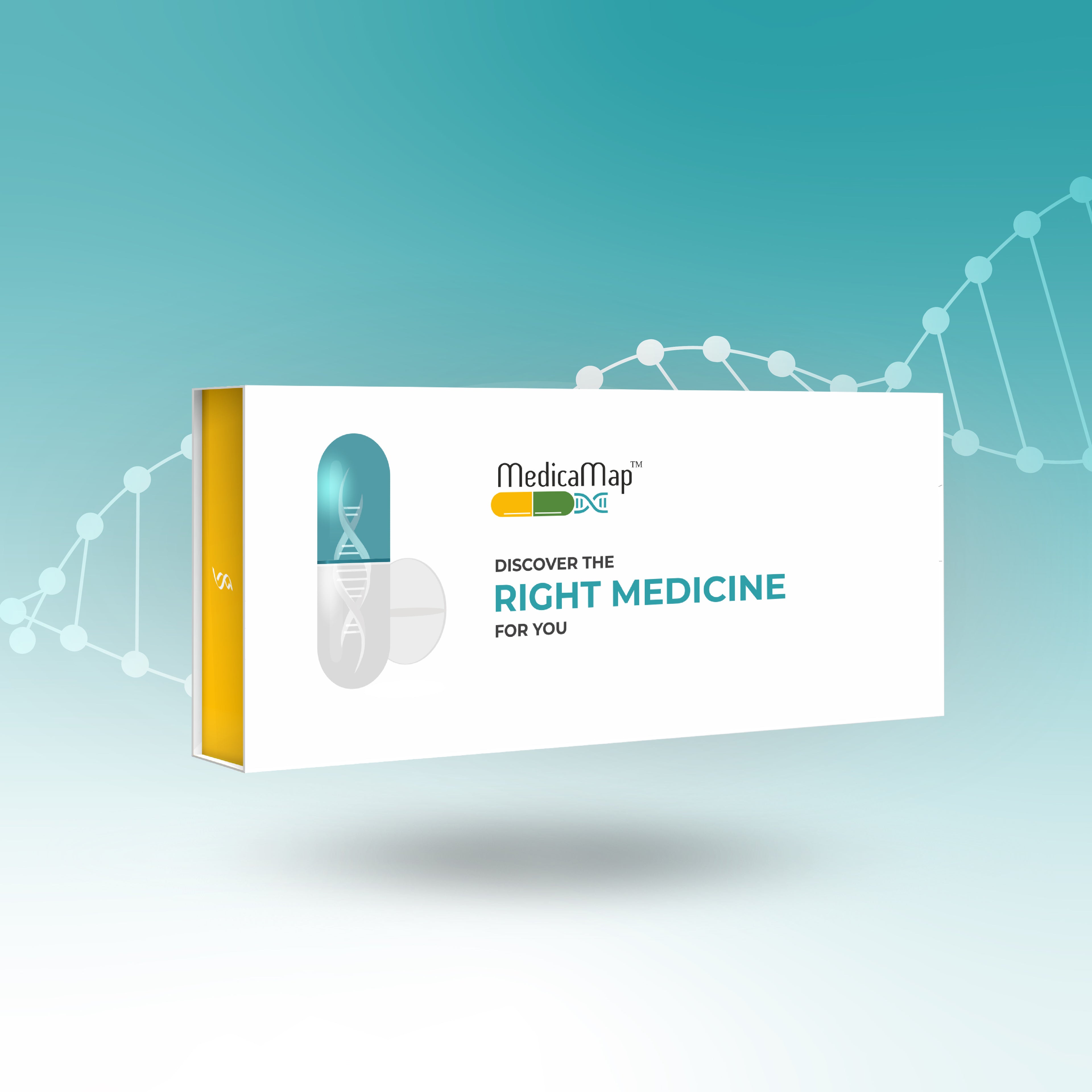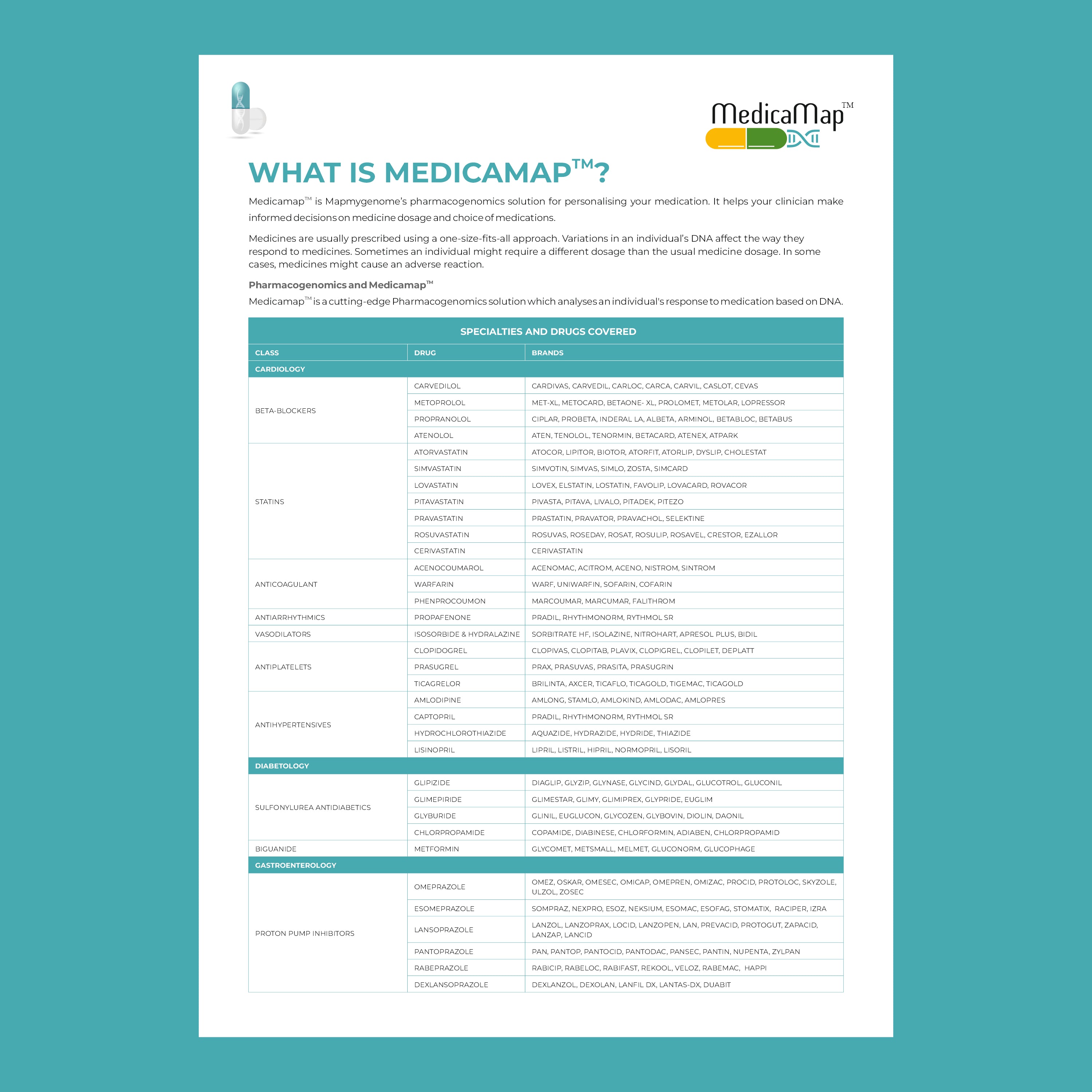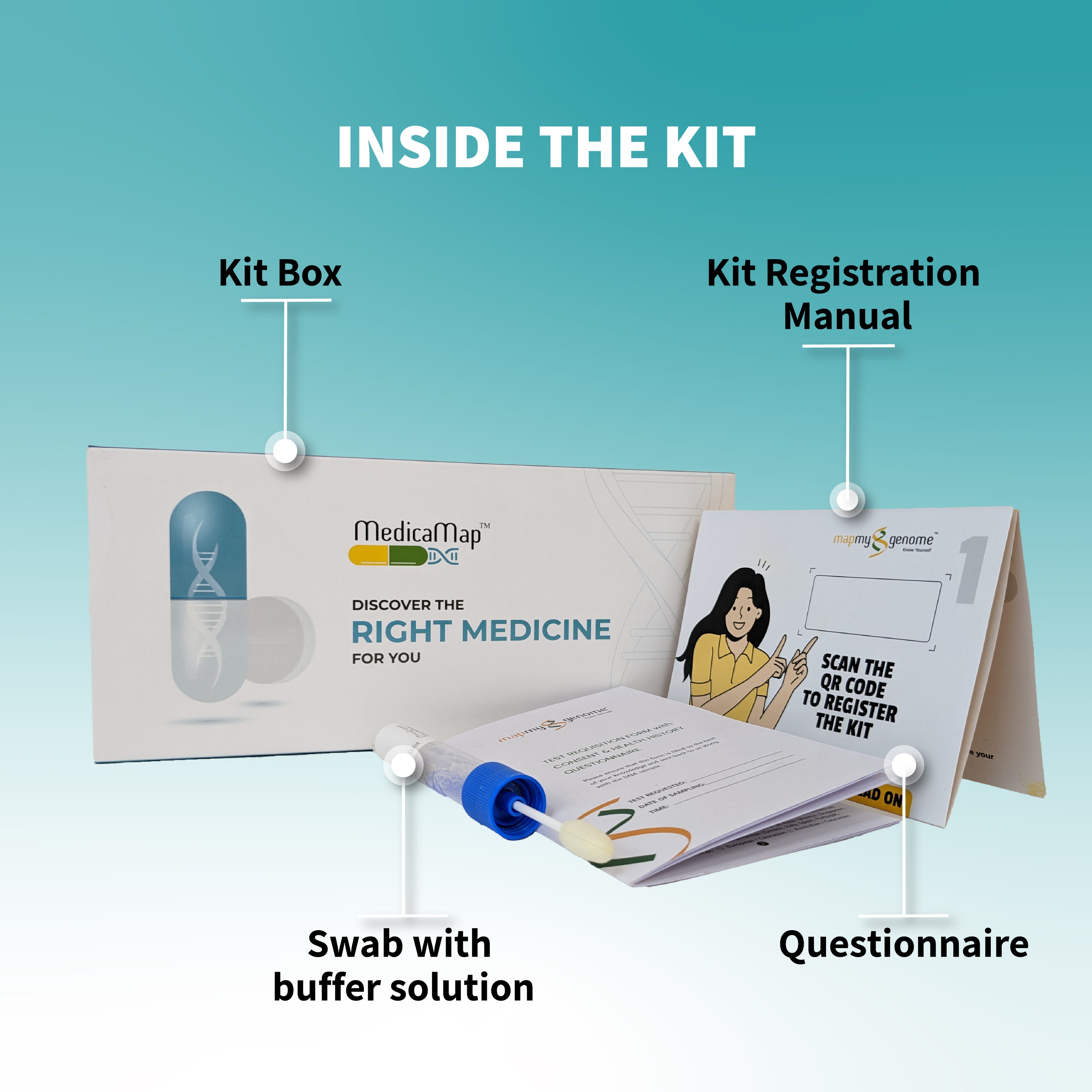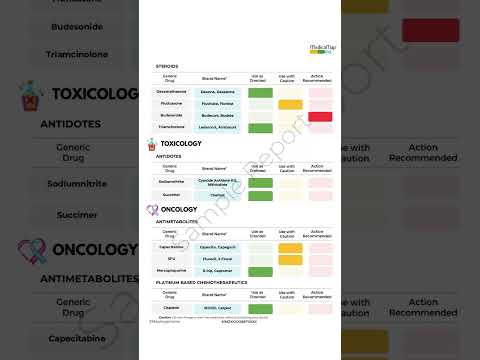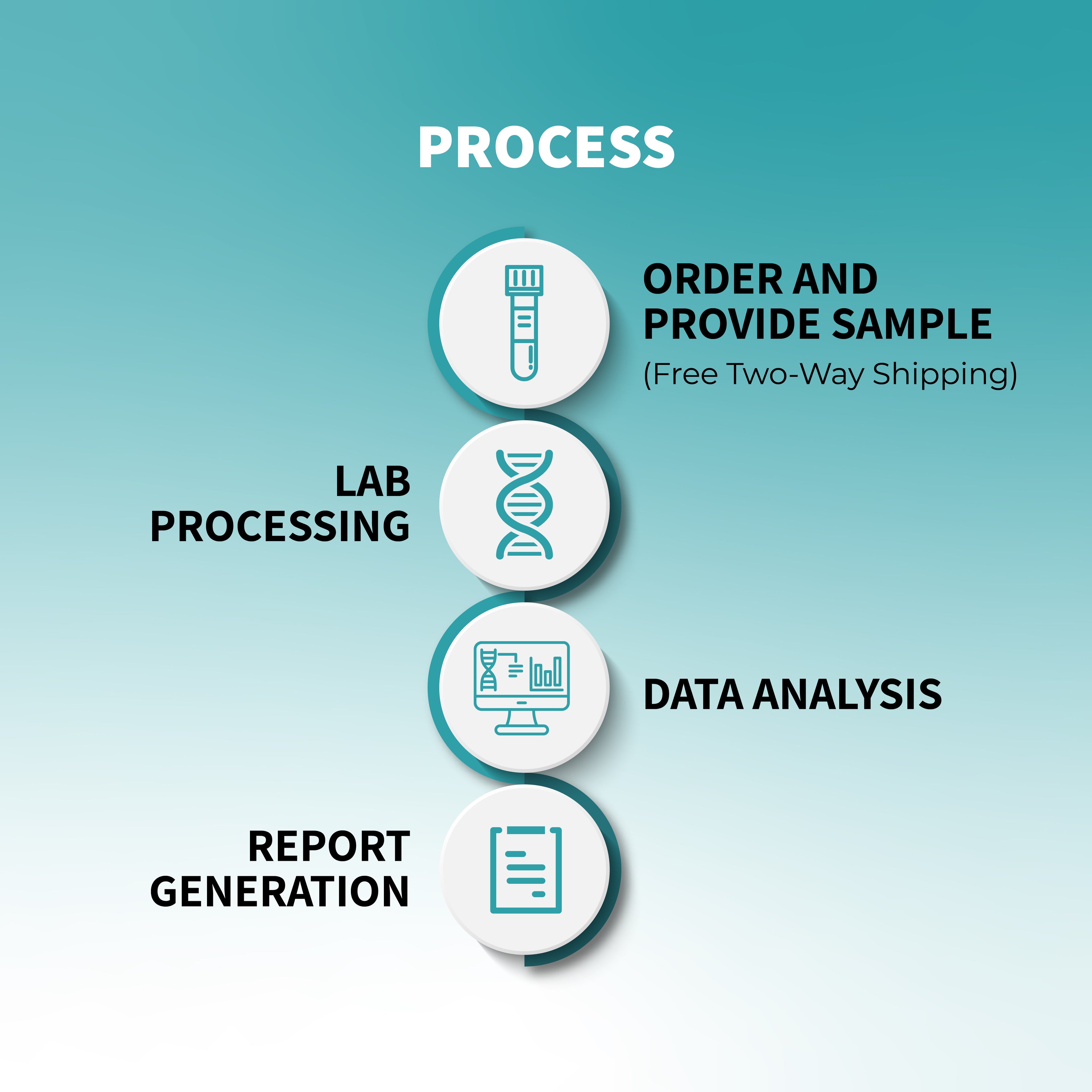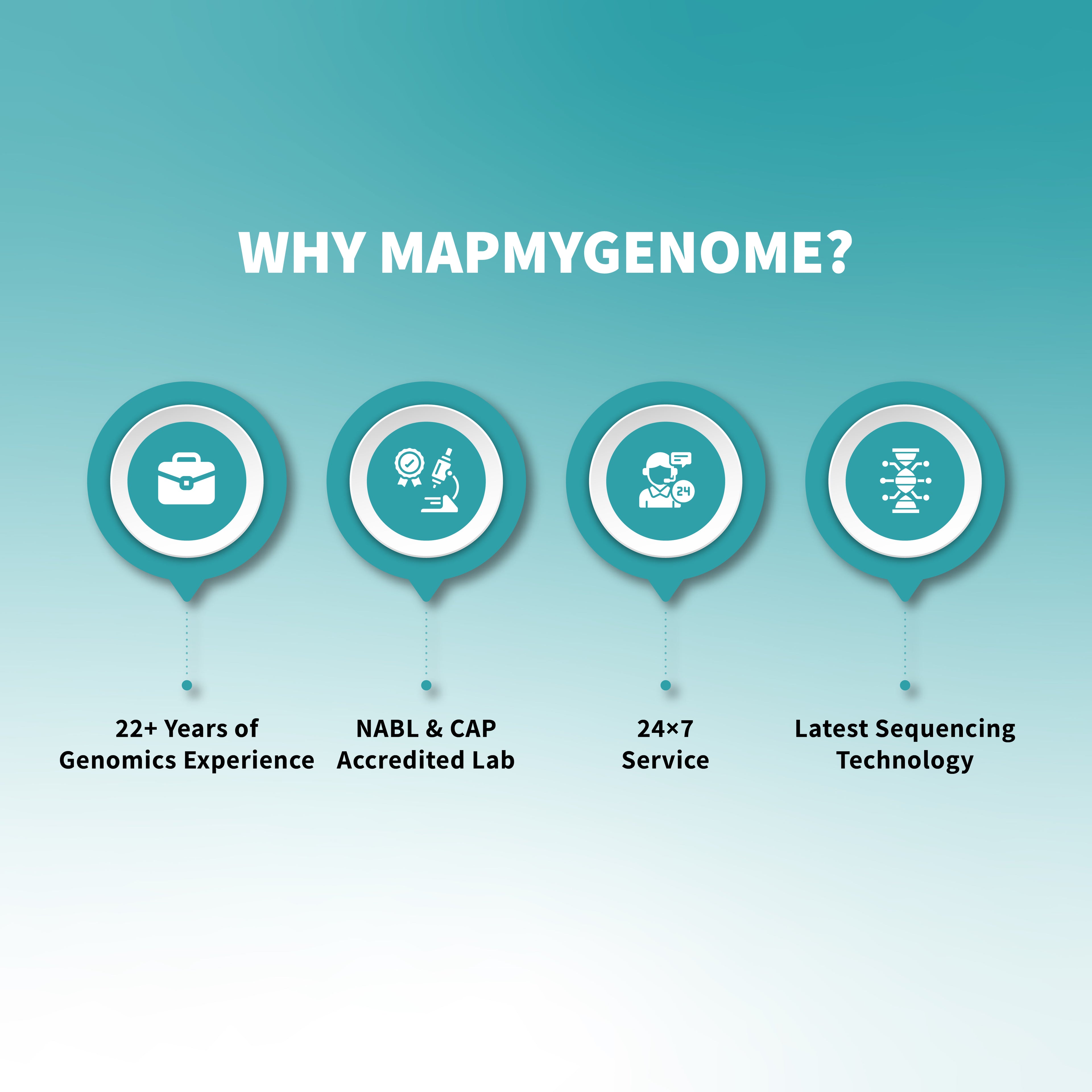The landscape of healthcare is undergoing a revolutionary transformation with the rise of personalized medicine. Unlike traditional approaches, where treatments are standardized for all patients, personalized medicine tailors healthcare to an individual’s unique genetic makeup. This shift allows doctors to provide treatments that are more precise, effective, and aligned with a patient’s specific needs. At the heart of this change is genetic testing, which plays a critical role in identifying the genetic factors that influence a person's health, disease risks, and responses to various treatments.
In this blog, we’ll explore how genetic testing is shaping the future of personalized medicine, the benefits it offers, and what this means for patients seeking tailored healthcare solutions.
What Is Personalized Medicine?
Personalized medicine, also known as precision medicine, refers to the customization of healthcare, with medical decisions and treatments tailored to the individual patient. This approach leverages a person’s genetic information to predict disease risks, determine the best treatment options, and develop personalized strategies for prevention and care.
While traditional medicine follows a “one-size-fits-all” model, personalized medicine acknowledges that each individual has unique genetic, environmental, and lifestyle factors that can influence their health. This paradigm shift is made possible by advancements in genetic testing and the ability to analyze vast amounts of DNA data.
How Genetic Testing Is Driving Personalized Medicine
Genetic testing is the backbone of personalized medicine, providing detailed insights into an individual's DNA. This information helps physicians and healthcare providers make more informed decisions about diagnosing, preventing, and treating diseases. Here’s how genetic testing is paving the way for a more personalized approach to healthcare:
-
Understanding Genetic Predisposition to Diseases
One of the most significant contributions of genetic testing to personalized medicine is identifying an individual's predisposition to various diseases. By analyzing specific genes, doctors can assess a patient’s risk for conditions like heart disease, diabetes, cancer, and more. This allows for early interventions, such as lifestyle modifications or preventive treatments, to reduce the likelihood of developing the disease.For example, genetic tests like the BRCA1 and BRCA2 tests can identify mutations that increase the risk of breast and ovarian cancer. Women with these mutations can take proactive steps, such as enhanced screening or preventive surgery, to mitigate their risk.
-
Personalizing Drug Treatments (Pharmacogenomics)
One of the key challenges in medicine is that not all patients respond to treatments in the same way. Genetic variations can influence how individuals metabolize and respond to medications. This is where pharmacogenomics—the study of how genes affect a person’s response to drugs—comes into play.By conducting genetic testing, doctors can determine which medications are likely to be most effective for a patient and which ones may cause adverse reactions. For example, a patient with a specific genetic variant may metabolize a particular drug too quickly or too slowly, affecting its efficacy or causing harmful side effects. With this information, doctors can adjust the dosage or choose a different medication entirely, leading to more effective and safer treatment plans.
-
Tailoring Cancer Treatments
Genetic testing has become a game-changer in the field of oncology, enabling more personalized cancer treatments. Tumor profiling, for example, involves analyzing the genetic mutations within a tumor to determine the most effective treatment options. This approach, known as targeted therapy, focuses on attacking the cancer's genetic vulnerabilities, often with fewer side effects than traditional chemotherapy.Targeted therapies like HER2 inhibitors for breast cancer or EGFR inhibitors for lung cancer are examples of how genetic testing is shaping the future of cancer treatment. These treatments are designed to specifically target the genetic mutations driving the growth of cancer cells, leading to better outcomes for patients.
-
Precision Prevention and Wellness
Personalized medicine is not just about treatment; it’s also about prevention. Genetic testing can provide insights into an individual’s genetic predisposition to certain conditions, allowing for early detection and proactive management. For example, if a genetic test reveals a higher risk for cardiovascular disease, patients can adopt preventive measures such as dietary changes, regular exercise, or cholesterol-lowering medications.This approach promotes a more proactive form of healthcare, focusing on preventing diseases before they develop, rather than treating them after they’ve occurred.
Benefits of Personalized Medicine Through Genetic Testing
The growing integration of genetic testing into personalized medicine offers numerous benefits, not only for patients but also for healthcare systems as a whole. Some key advantages include:
-
More Effective Treatments
By aligning treatments with a patient’s genetic profile, personalized medicine increases the likelihood of successful outcomes. Treatments are designed to work with the patient’s body, resulting in improved efficacy and fewer side effects. -
Fewer Adverse Drug Reactions
Genetic testing can identify potential adverse reactions to specific medications, allowing doctors to avoid prescribing drugs that could cause harm. This leads to safer, more effective drug prescriptions and reduces the trial-and-error process in finding the right treatment. -
Better Disease Prevention
Personalized medicine empowers individuals with knowledge about their genetic predispositions, allowing for earlier interventions and preventive care. This reduces the risk of developing severe diseases and helps people live healthier, longer lives. -
Cost Efficiency
While genetic testing may seem costly upfront, it can lead to significant long-term savings by preventing unnecessary treatments, hospitalizations, and complications from adverse drug reactions. By selecting the right treatment from the start, patients can avoid the costs associated with ineffective therapies and frequent medical visits. -
Empowered Patients
Personalized medicine gives patients a more active role in their healthcare decisions. Armed with information about their genetic makeup, patients can make informed choices about their lifestyle, preventive measures, and treatment options. This leads to a more collaborative doctor-patient relationship and better overall health outcomes.
The Future of DNA-Driven Healthcare
As genetic testing becomes more accessible and affordable, its role in personalized medicine will only continue to grow. Advancements in genomic sequencing, artificial intelligence, and bioinformatics are enabling healthcare providers to analyze genetic data more efficiently, leading to more accurate diagnoses and tailored treatments.
In the near future, we can expect to see genetic testing integrated into routine medical check-ups, allowing individuals to take a proactive approach to their health from a young age. Additionally, with the rise of direct-to-consumer genetic testing kits, patients can now access their genetic information from the comfort of their homes, empowering them to take charge of their health.
Conclusion: The Road Ahead for Personalized Medicine
The future of personalized medicine is undeniably exciting, with genetic testing playing a central role in shaping this new era of healthcare. From tailored treatments to proactive disease prevention, personalized medicine offers a more precise, effective, and patient-centered approach to healthcare.
For individuals seeking to optimize their health and well-being, understanding their genetic makeup is the key to unlocking personalized treatment plans and preventive measures. As genetic testing continues to advance, personalized medicine will pave the way for more targeted, efficient, and successful healthcare outcomes, ensuring that treatments are as unique as the patients themselves.










